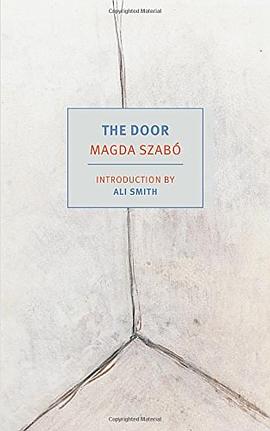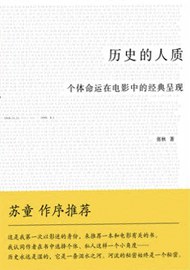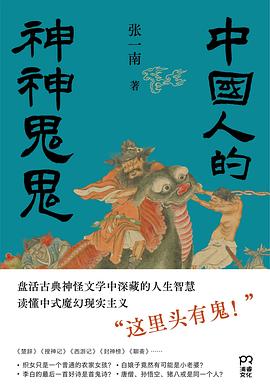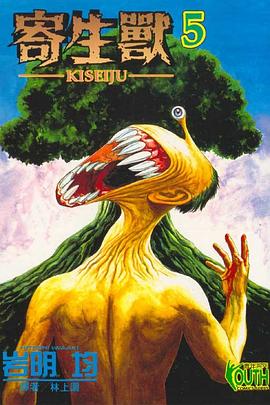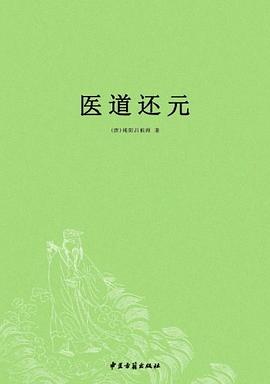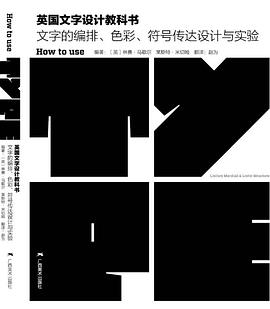内容简介
The Door is an unsettling exploration of the relationship between two very different women. Magda is a writer, educated, married to an academic, public-spirited, with an on-again-off-again relationship to Hungary’s Communist authorities. Emerence is a peasant, illiterate, impassive, abrupt, seemingly ageless. She lives alone in a house that no one else may enter, not even her closest relatives. She is Magda’s housekeeper and she has taken control over Magda’s household, becoming indispensable to her. And Emerence, in her way, has come to depend on Magda. They share a kind of love—at least until Magda’s long-sought success as a writer leads to a devastating revelation.
Len Rix’s prizewinning translation of The Door at last makes it possible for American readers to appreciate the masterwork of a major modern European writer.
......(更多)
作者简介
Magda Szabó (1917–2007) was born into an old Protestant family in Debrecen, Hungary’s “Calvinist Rome,” in the midst of the great Hungarian plain. Szabó, whose father taught her to converse with him in Latin, German, English, and French, attended the University of Debrecen, studying Latin and Hungarian, and went on to work as a teacher throughout the German and Soviet occupations of Hungary in 1944 and 1945. In 1947, she published two volumes of poetry, Bárány (The Lamb), and Vissza az emberig (Return to Man), for which she received the Baumgartner Prize in 1949. Under Communist rule, this early critical success became a liability, and Szabó turned to writing fiction: her first novel, Freskó (Fresco), came out in 1958, followed closely by Az oz (The Fawn). In 1959 she won the József Attila Prize, after which she went on to write many more novels, among them Katalin utca (Katalin Street, 1969), Ókút (The Ancient Well, 1970), Régimódi történet (An Old-Fashioned Tale, 1971), and Az ajtó (The Door, 1987). Szabó also wrote verse for children, plays, short stories, and nonfiction, including a tribute to her husband, Tibor Szobotka, a writer and translator of Tolkien and Galsworthy who died in 1982. A member of the European Academy of Sciences and a warden of the Calvinist Theological Seminary in Debrecen, Magda Szabó died in the town in which she was born, a book in her hand. In 2017 NYRB Classics will publish Iza’s Ballad (1963).
......(更多)
目录
......(更多)
读书文摘
我感到很累,累到感觉好像在虚无中,尽管我并没有权利也毫无理由感到如此疲倦。以前从来没有什么事情会让我如此精疲力竭。我发现午饭还在冰箱里等着我呢,就像以前一样。我连行字都写不出来,但写作的意念此起彼伏,甚至在美好的日子里,也包含着一种优雅的状态。这样的境遇让我精力枯竭。快乐让你精力保持充沛,而忧伤使你精疲力竭。
我不喜欢您对我说教的样子。如果我向您请求什么而您答应给我,请不要开始布道,否则您的慷慨就会失去意义。” 最后它还是睡着了,不是在我母亲的房间,而是在盥洗室的门外。我知道它最终睡着了,因为它和男人一样在打鼾。
......(更多)
